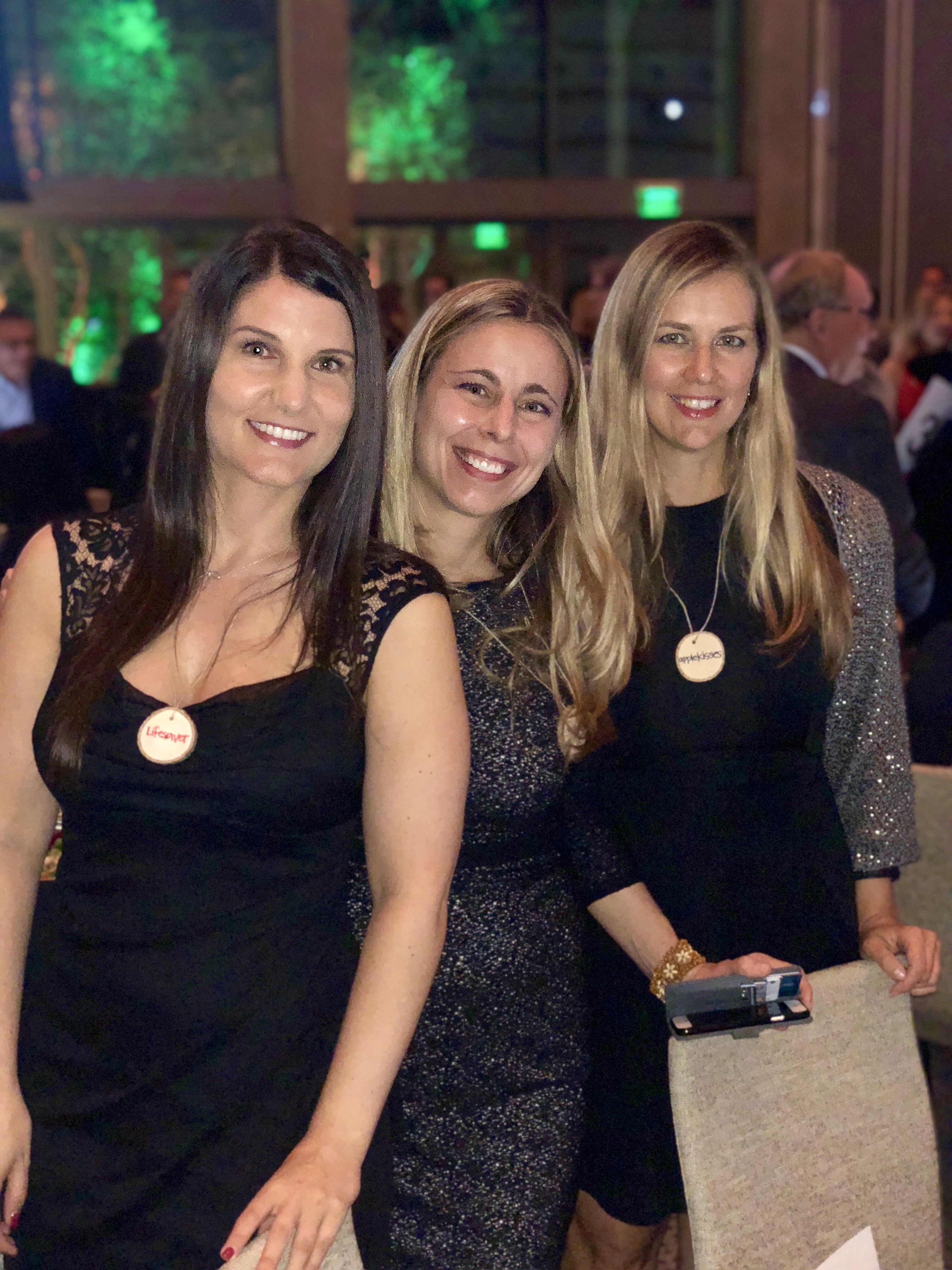Seriously, no one is looking at me at all. I don’t mean the type of staring that makes you uncomfortable. But my pants could be on fire and they would all still be looking down with quarter smiles on their faces, perhaps swiping left, right or maybe even watching a cat video.
I join them by pulling out my own device, geo-tagging myself at the event I dressed up to attend. Abruptly, I make an about face and exit.
I want to be seen- scratch that- feel seen. To connect. But I won’t say that. This evening isn’t worth wasting the Instagram. I’ll wear the dress another time.
Expectations
I have had many women sitting with me recently with the question of “What’s next?”. As modern women we’ve been spending a lot of time setting goals for the future, following the instructions set out for us. Girls are taught to do whatever it is they would like to do—just follow this roadmap. At least this message has improved over time. It’s a lot of training that we don’t realize has been completed that in turn, we try to apply to our relationships.

For many, Marriage and Children become another goal that needs to be achieved. It comes as a great disappointment when the same expectation for outcomes runs into quirky human nature. Acceptance is difficult. Learning a new way of forced perspective is important while trying to date or relate in modern times. We now ask questions such as, “How long do I interact without ever meeting them in person?” While swiping left and right as a way of mate searching is now normalized, it’s brought on a host of issues that most are not sure how to work through.
In another sphere, I also sit with women who are married- with, or without children and have the career they sought and are still asking, “What’s Next? “. Again, it’s about expectations. Why isn’t this what we expected? How do we make it more like what we expected?
The same woman who walked into the event filled with automatons on their phones plops down onto the couch when she returns home and may snap at their spouse, roommate or child “I’m working” when they seek attention, head burrowing even closer to her chest to demonstrate the seriousness of the task at hand, mirroring her spouse sitting next to her. Where are you? Because I know you’re not here.
Being present while everyone around you has heads bowed is a trial, but I’m going to challenge you to do it anyway. We are staring at our phones in public now like we are standing in an elevator expectantly staring up at the lit- up floor indicators to avoid talking. Loops are being sold to us to attach to our phones to, in turn, attach to us—making our devices more of an appendage rather than a tool or accessory, no longer needing them to ring to gain attention.
We don’t know how to behave while alone around other people, losing the art of building community- or more bluntly- basic social skills. Working outside of your home is becoming more of a surprise, while jokes about pajama bottoms on videoconferences are common. We are doing more, accomplishing more by cutting out commute times, cutting out handwritten notes, and telling AI what to schedule for us. We are left wondering why we are feeling empty.

Challenge: Resist the urge to binge watch a mediocre show tomorrow night, and instead go out with friends. Leave your phone in the car, or agree to pile them at the end of the table, face down. If you won’t be able to focus- take this first step: turn that ringer back on and put it in your purse out of immediate reach.
“In a sincere and uncompromising desire– one that takes place of everything else– has nearly always been filled. But every judgment, every preference, every setback spawns its own desire and soon we drown in them.
Each one a problem to be solved and we suffer until it’s filled. In happiness, or at least peace, there’s a sense that nothing is missing from this moment —no desire is running amok. It’s OK to have a desire. But pick a big one and pick it carefully. Drop the small ones.“ Naval Ravikant

